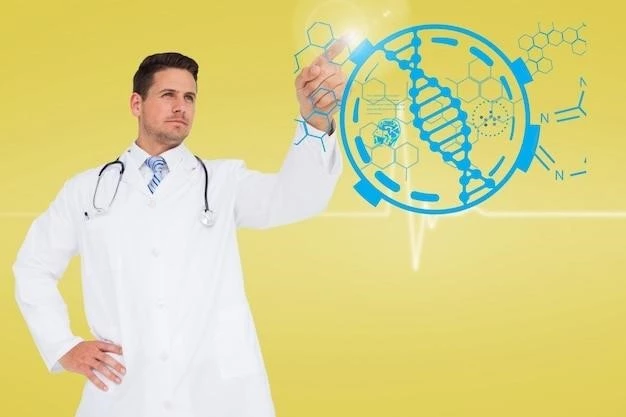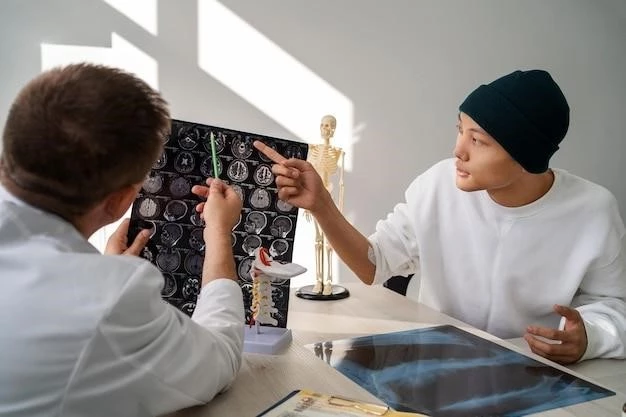Look out for intellectual disabilities, seizures, delays in motor skills development, and vision problems.
Common Symptoms
Common symptoms of corpus callosum agenesis include intellectual disabilities, seizures, delays in motor skills development, and vision problems. It is crucial to monitor these symptoms and seek medical advice for proper evaluation and management. Early intervention and support can help improve the quality of life for individuals affected by this condition.
Less Common Symptoms
Less common symptoms of corpus callosum agenesis may include social difficulties, sensory processing issues, and challenges with coordination. While these symptoms may not be as prevalent, they can still impact daily life and overall well-being. It is important to discuss any less common symptoms with healthcare providers to address them effectively and provide appropriate support.
Consult with healthcare professionals for tailored treatment plans, including therapies to address specific symptoms.
Medical Interventions
Medical interventions for corpus callosum agenesis may include various therapies such as occupational therapy, speech therapy, and physical therapy to improve motor skills, communication, and overall quality of life. It is essential to work closely with a team of healthcare professionals to create a comprehensive treatment plan tailored to the individual’s specific needs and symptoms. Regular follow-ups and monitoring are crucial to track progress and make necessary adjustments to the treatment plan.
Pharmacological Treatments
Pharmacological treatments for corpus callosum agenesis are typically aimed at managing specific symptoms such as seizures or behavioral issues. It is essential to consult with a healthcare provider to discuss the appropriateness, effectiveness, and potential side effects of any medications. Close monitoring and communication with the healthcare team are vital to ensure the optimal management of symptoms and overall well-being of individuals with this condition.
Understand genetic factors that may contribute to corpus callosum agenesis through appropriate testing and counseling.
Genetic Factors
Genetic factors play a significant role in corpus callosum agenesis. Understanding these factors through genetic testing can provide valuable insights into the underlying causes of the condition. Genetic counseling can help individuals and families better grasp the implications and risks associated with genetic factors contributing to corpus callosum agenesis. By identifying and understanding these genetic elements, healthcare providers can tailor treatment plans and support strategies more effectively.
Environmental Factors
While genetic factors are primary, environmental factors like prenatal exposure to toxins or infections can also contribute to corpus callosum agenesis. Avoiding known teratogens during pregnancy and maintaining a healthy lifestyle can reduce environmental risks. Consult healthcare providers for guidance on minimizing potential environmental influences that may play a role in the development of corpus callosum agenesis.
Utilize imaging techniques like MRI or CT scans to diagnose corpus callosum agenesis accurately and evaluate brain structure.
Imaging Techniques
Imaging techniques such as MRI or CT scans are crucial for diagnosing corpus callosum agenesis by providing detailed images of the brain’s structure. These imaging tools allow healthcare professionals to visualize any abnormalities or absence of the corpus callosum accurately. Early diagnosis through imaging techniques is essential in initiating appropriate interventions and support services for individuals with this condition. Regular imaging assessments may be necessary to monitor changes and ensure tailored care.
Genetic Testing
Genetic testing is essential in diagnosing corpus callosum agenesis as it can identify specific genetic abnormalities that may contribute to the condition. Through genetic testing, healthcare providers can determine the underlying genetic factors, assess potential risks for other family members, and tailor treatment plans accordingly. Genetic counseling should be considered to help individuals and families understand the implications and make informed decisions based on the results. Regular genetic monitoring may be recommended to address any evolving genetic considerations related to corpus callosum agenesis.
Explore available support services like therapy and educational programs to enhance quality of life and well-being.
Support Services
Support services such as occupational therapy, speech therapy, and special education programs can significantly enhance the quality of life for individuals living with corpus callosum agenesis. These services can address various challenges related to cognitive, motor, and social skills, empowering individuals to reach their full potential. Engaging with a multidisciplinary team of healthcare professionals and educators can help create personalized support plans to cater to specific needs and promote overall well-being. Regular access to support services is essential for ongoing progress and development.
Lifestyle Modifications
Implementing lifestyle modifications such as establishing routines, creating a supportive environment, and promoting healthy habits can positively impact daily living for individuals with corpus callosum agenesis. Establishing consistent schedules and providing opportunities for sensory stimulation can enhance cognitive and emotional development. Additionally, maintaining a balanced diet, regular exercise, and ensuring proper rest are vital components of a healthy lifestyle that can contribute to overall well-being. Working closely with healthcare providers to tailor lifestyle modifications can empower individuals to thrive and navigate daily challenges effectively.
Stay informed about ongoing research studies for the latest advancements and potential treatments for corpus callosum agenesis.
Current Studies
Participating in current research studies on corpus callosum agenesis can provide valuable insights into potential treatments, interventions, and outcomes. By contributing to research efforts, individuals and families can play a crucial role in advancing the understanding of this condition. Stay connected with healthcare providers and research institutions to explore opportunities for participation in studies that aim to improve the lives of those affected by corpus callosum agenesis. Sharing experiences and contributing to research can pave the way for future developments and enhance the quality of care for individuals with this condition.
Potential Future Treatments
Research into potential future treatments for corpus callosum agenesis is ongoing, with a focus on innovative therapies and interventions. Emerging technologies and scientific advances hold promise for novel treatment approaches to address the symptoms and challenges associated with this condition. Keeping abreast of developments in the field of neurology and genetics can provide valuable insights into upcoming treatments that may improve outcomes and quality of life for individuals with corpus callosum agenesis. Consult with healthcare providers and stay informed about research progress to explore potential future treatment options.
Connect with online communities to share experiences n find support from individuals facing similar challenges.
Online Communities
Joining online communities dedicated to corpus callosum agenesis can provide a sense of belonging and support for individuals and families affected by this condition. These communities offer a platform to share experiences, exchange information, and find emotional support from individuals facing similar challenges. Engaging in online discussions, accessing resources, and participating in virtual events can help foster connections and empower individuals to navigate their journey with corpus callosum agenesis. Building a supportive network through online communities can be a valuable source of encouragement and understanding.
Local Support Networks
Connecting with local support networks specializing in corpus callosum agenesis can offer valuable in-person assistance and resources. These networks provide opportunities for face-to-face interactions, educational workshops, and social gatherings that can enhance support and understanding within the community. Building relationships with individuals, families, and professionals in local support networks can create a strong support system for coping with the challenges of corpus callosum agenesis. Engaging with these networks can facilitate access to local resources, services, and expertise tailored to the specific needs of individuals affected by this condition.

Monitor and support cognitive development in individuals with corpus callosum agenesis through tailored interventions.
Cognitive Development
Cognitive development in individuals with corpus callosum agenesis may require targeted strategies to address challenges in areas such as problem-solving, memory, and communication. Engaging in cognitive therapies, educational programs, and structured learning activities can help support and enhance cognitive skills. It is essential to work closely with educators, therapists, and caregivers to tailor interventions to the individual’s unique needs and abilities. Monitoring cognitive development regularly and adjusting interventions as needed can promote optimal cognitive growth and adaptation for individuals living with corpus callosum agenesis.
Emotional Development
Addressing emotional development in individuals with corpus callosum agenesis involves nurturing social skills, coping mechanisms, and self-expression. Emotional support, counseling, and social skills training can help individuals navigate and manage their feelings effectively. Creating a supportive and understanding environment at home, school, and in the community is crucial for fostering emotional well-being. Encouraging emotional awareness and providing opportunities for social interaction and emotional expression can contribute to positive emotional development outcomes. Regular assessment and collaboration with mental health professionals can aid in addressing emotional needs and promoting healthy emotional development.
